Understanding the Value of Your Jewelry: A Comprehensive Guide
Related Articles: Understanding the Value of Your Jewelry: A Comprehensive Guide
Introduction
With enthusiasm, let’s navigate through the intriguing topic related to Understanding the Value of Your Jewelry: A Comprehensive Guide. Let’s weave interesting information and offer fresh perspectives to the readers.
Table of Content
- 1 Related Articles: Understanding the Value of Your Jewelry: A Comprehensive Guide
- 2 Introduction
- 3 Understanding the Value of Your Jewelry: A Comprehensive Guide
- 3.1 Why is Jewelry Valuation Important?
- 3.2 Methods of Jewelry Valuation
- 3.3 Choosing the Right Valuation Method
- 3.4 Tips for Preparing for Jewelry Valuation
- 3.5 Frequently Asked Questions (FAQs)
- 3.6 Conclusion
- 4 Closure
Understanding the Value of Your Jewelry: A Comprehensive Guide
:max_bytes(150000):strip_icc()/how-to-tell-if-your-jewelry-is-valuable-in-three-steps-2043563-v3-HL-FINAL-5bfc1b2c46e0fb005178d37b.png)
Jewelry, with its enduring beauty and sentimental value, often holds a special place in our lives. Whether inherited heirlooms, treasured gifts, or simply pieces we’ve accumulated over time, knowing their worth can be essential for various reasons. This guide delves into the intricacies of jewelry valuation, providing a comprehensive understanding of the process, its importance, and the steps involved.
Why is Jewelry Valuation Important?
Determining the value of jewelry is crucial for various reasons:
- Insurance: Knowing the value of your jewelry allows you to adequately insure it against loss or damage.
- Inheritance: When settling an estate, determining the value of jewelry is necessary for fair distribution among beneficiaries.
- Selling or Trading: Understanding the market value of your jewelry helps you negotiate a fair price when selling or trading it.
- Tax Purposes: The value of jewelry may be relevant for tax purposes, particularly when donating it to charity or inheriting it.
- Personal Knowledge: Knowing the value of your jewelry simply provides peace of mind and allows you to appreciate its worth more fully.
Methods of Jewelry Valuation
Jewelry valuation is a complex process that involves multiple factors. Here are the most common methods employed:
1. Appraisal:
A formal appraisal is conducted by a qualified gemologist or appraiser who possesses extensive knowledge of jewelry and the market. The appraiser examines the piece, assesses its condition, and determines its value based on various factors:
- Metal: The type of metal (e.g., gold, silver, platinum) and its karat or purity are key factors.
- Gemstones: The type, size, cut, color, and clarity of gemstones significantly influence value.
- Design and Craftsmanship: The design, craftsmanship, and historical significance of the piece are considered.
- Market Demand: Current market trends and the demand for similar pieces influence value.
- Condition: The condition of the jewelry, including any damage or wear, impacts its value.
2. Online Valuation Tools:
Various online tools and websites offer free or paid jewelry valuation services. These tools typically rely on user input, such as metal type, gemstone details, and photographs. However, they are often less accurate than professional appraisals and should be used with caution.
3. Jewelry Stores and Dealers:
Reputable jewelry stores and dealers often offer valuation services. While their assessments may be less formal than an appraisal, they can provide a general estimate of value based on their experience and expertise.
Choosing the Right Valuation Method
The most appropriate valuation method depends on your specific needs:
- Formal Appraisal: For insurance, inheritance, or legal purposes, a professional appraisal is essential.
- Online Valuation Tools: For a quick and informal estimate, online tools can be helpful, but they should not be considered definitive.
- Jewelry Stores and Dealers: For a general estimate, consulting a reputable jewelry store or dealer can be useful, especially if you intend to sell or trade the jewelry.
Tips for Preparing for Jewelry Valuation
Before seeking a valuation, consider these tips to ensure a smooth process:
- Gather Information: Compile all relevant details about your jewelry, including purchase receipts, certificates, and any other documentation.
- Clean Your Jewelry: Clean your jewelry thoroughly to allow the appraiser to assess its condition accurately.
- Securely Package Your Jewelry: Use a sturdy box or pouch to transport your jewelry safely.
- Research Local Appraisers: Seek recommendations from trusted sources or research reputable appraisers in your area.
- Be Prepared for Fees: Appraisers charge fees for their services, which vary depending on the complexity of the valuation.
Frequently Asked Questions (FAQs)
1. What is the difference between an appraisal and an evaluation?
An appraisal is a formal document that provides a detailed assessment of a piece’s value, typically used for insurance, inheritance, or legal purposes. An evaluation is a less formal assessment, often provided by a jewelry store or dealer, that can give a general estimate of value.
2. How often should I get my jewelry appraised?
It is recommended to get your jewelry appraised every 3-5 years, especially if the market value of precious metals or gemstones has fluctuated significantly.
3. What if I don’t have any documentation for my jewelry?
An appraiser can still assess the value of your jewelry, but it may be more challenging without documentation. They will rely on their expertise and market knowledge to determine its value.
4. Can I get my jewelry appraised online?
Online valuation tools can provide a general estimate, but it is not recommended for formal appraisals. For accurate and reliable valuations, seek a professional appraiser.
5. How much does a jewelry appraisal cost?
Appraisal fees vary depending on the complexity of the valuation, the number of pieces, and the appraiser’s expertise. It is advisable to contact multiple appraisers to compare fees.
6. How do I find a reputable appraiser?
You can seek recommendations from jewelers, insurance agents, or other trusted sources. You can also check the credentials of appraisers through professional organizations such as the American Society of Appraisers (ASA) or the Gemological Institute of America (GIA).
7. What should I do if I disagree with the appraisal?
If you disagree with the appraisal, you can seek a second opinion from another reputable appraiser. It is important to understand that appraisals can vary slightly depending on the appraiser’s experience and methodology.
Conclusion
Understanding the value of your jewelry is a crucial aspect of responsible ownership. Whether for insurance, inheritance, or simply personal knowledge, seeking a professional valuation can provide you with valuable insights. By following the tips and advice outlined in this guide, you can navigate the process of jewelry valuation with confidence and ensure that your treasured pieces are appropriately valued.
+(1).png?format=1500w)
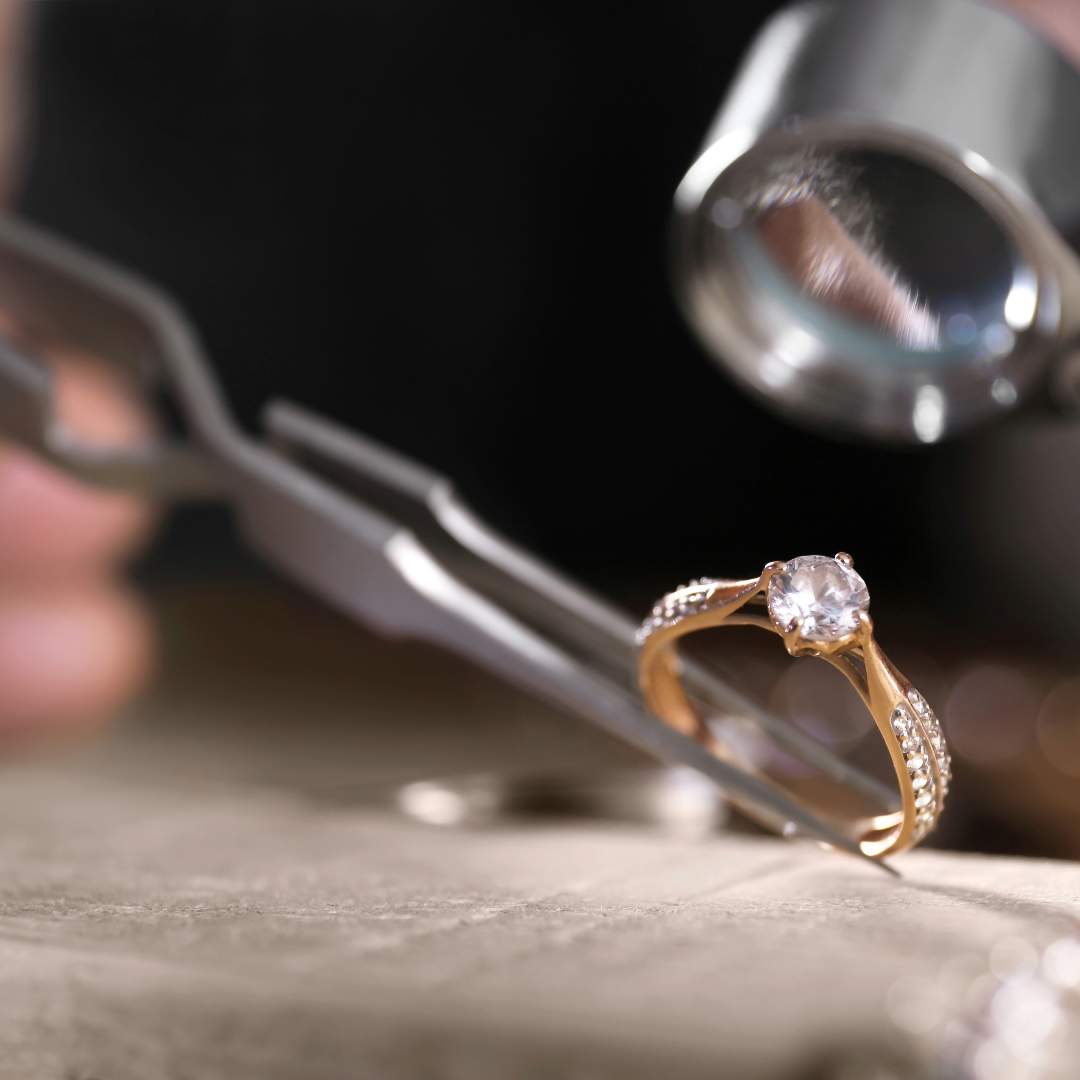

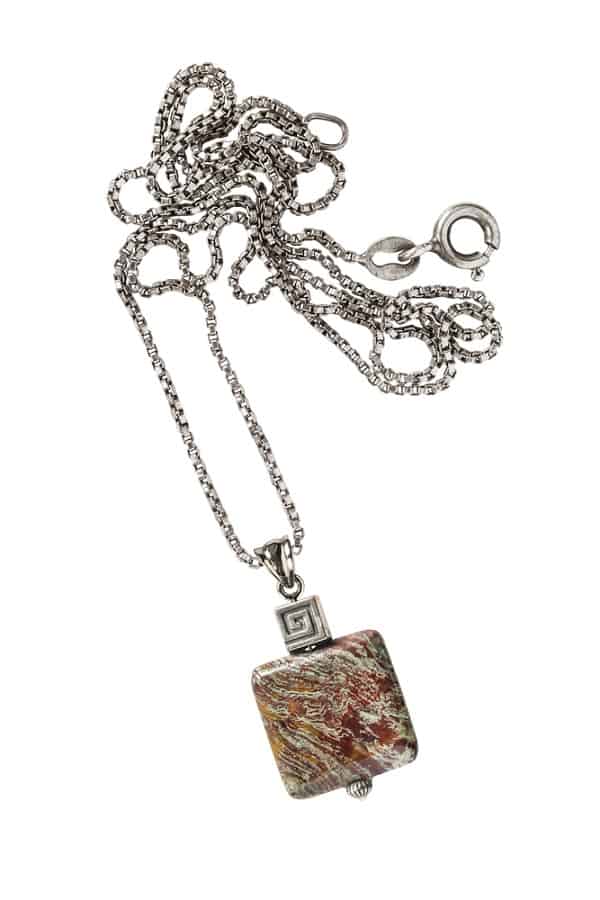
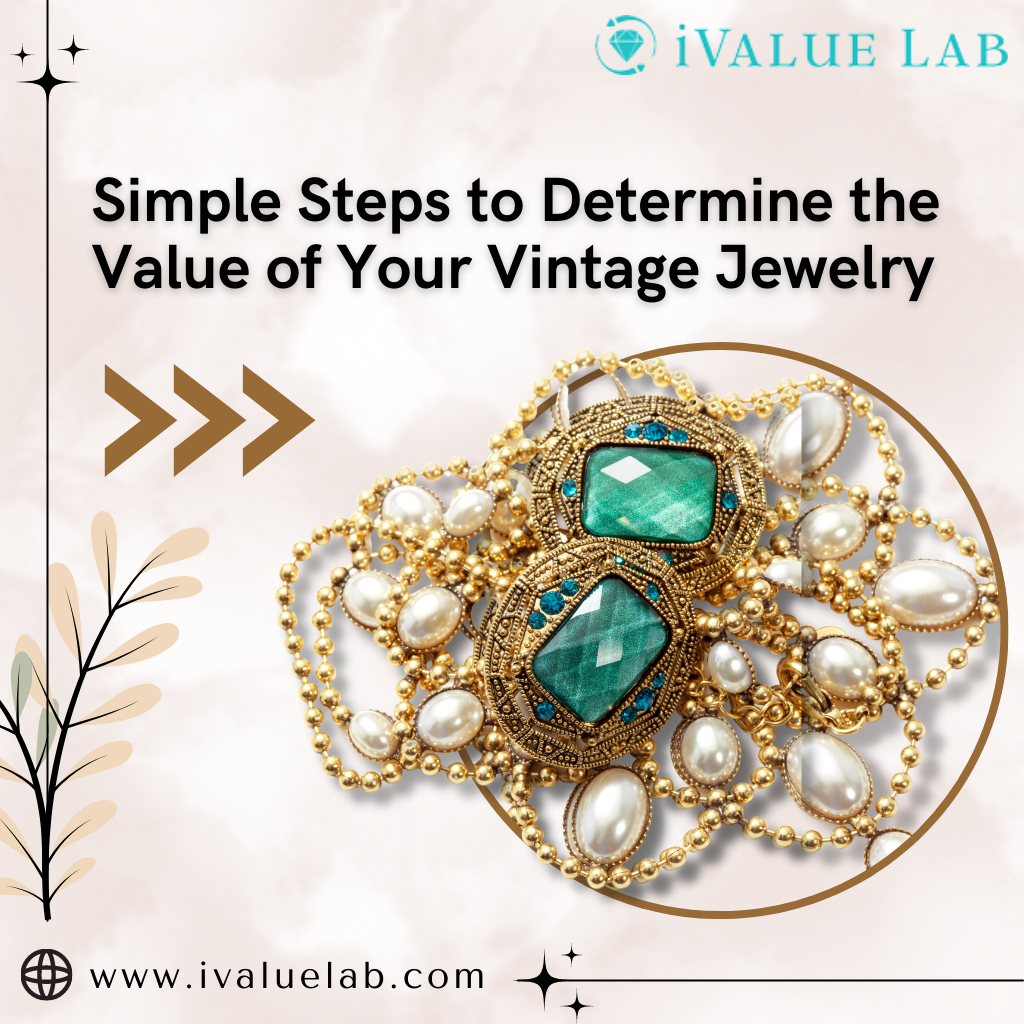
![Understanding Diamond Clarity [Comprehensive Guide] Willyn Villarica](https://willynvillaricajewelry.com/wp-content/uploads/2021/09/31-Understanding-Diamond-Clarity-Comprehensive-Guide-1024x772.png)
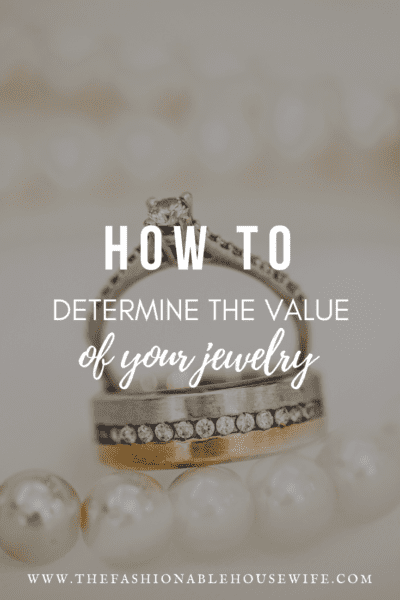
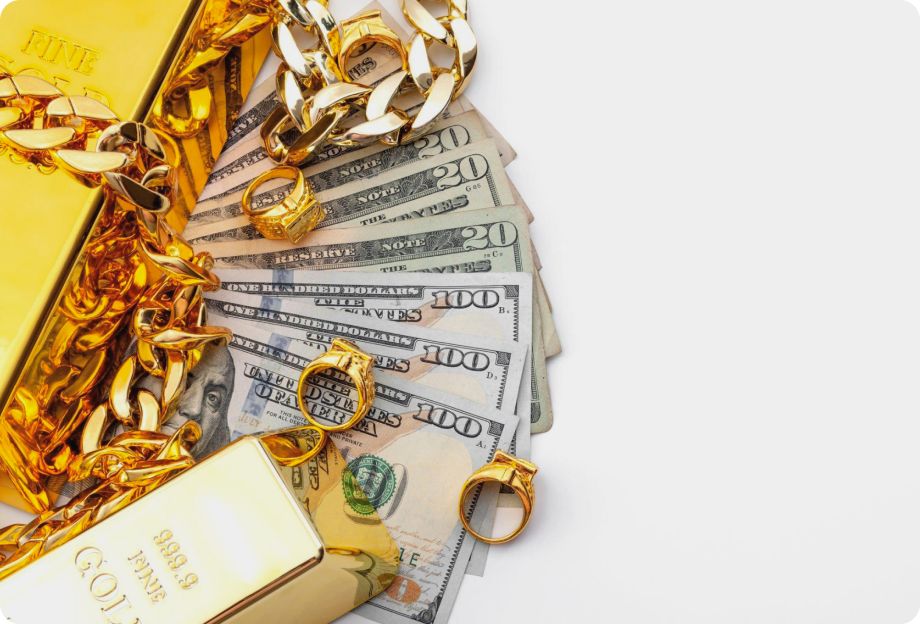
Closure
Thus, we hope this article has provided valuable insights into Understanding the Value of Your Jewelry: A Comprehensive Guide. We appreciate your attention to our article. See you in our next article!